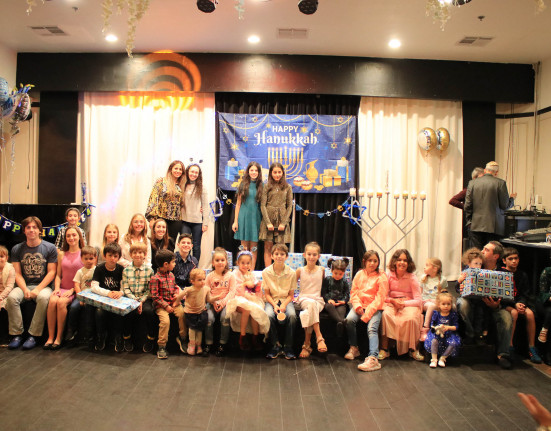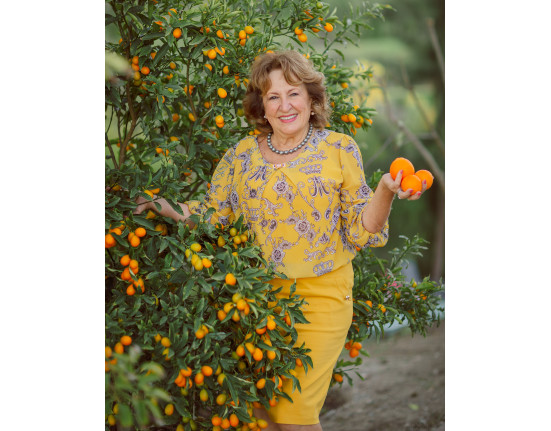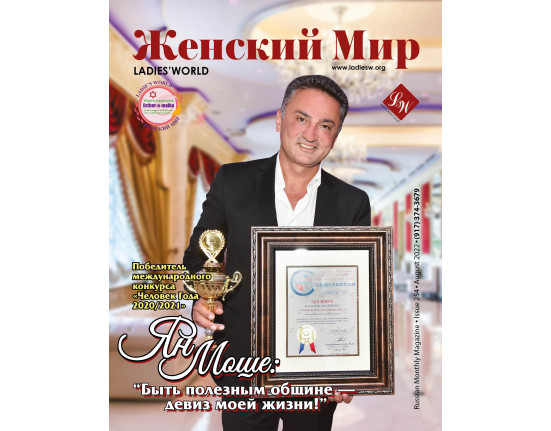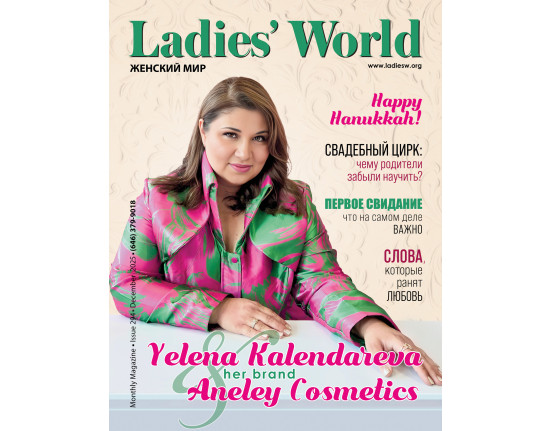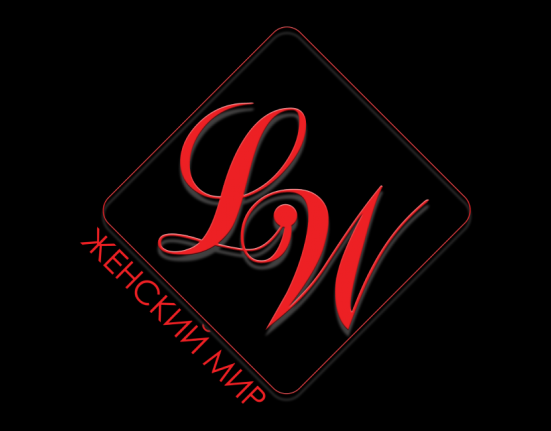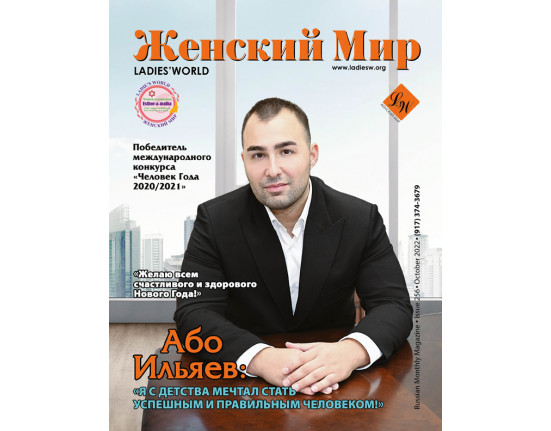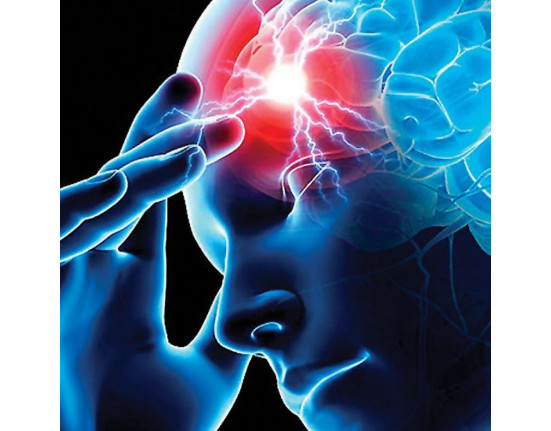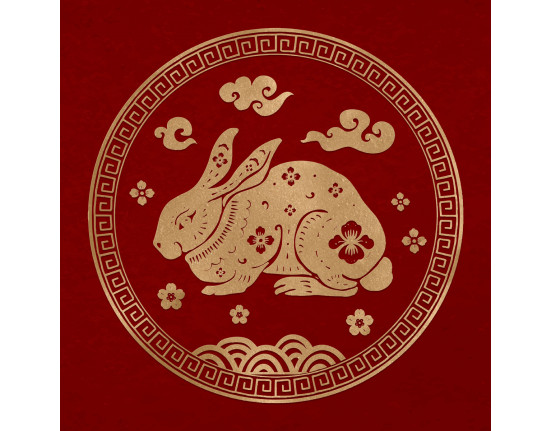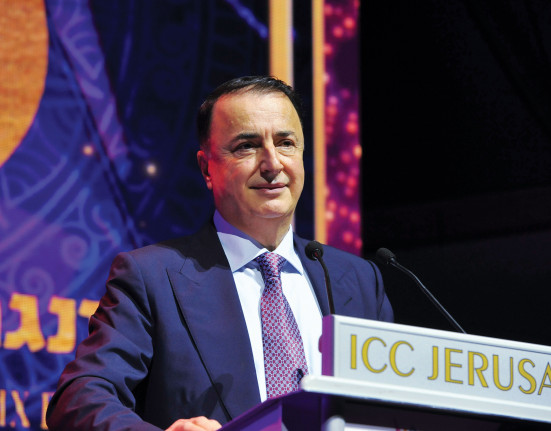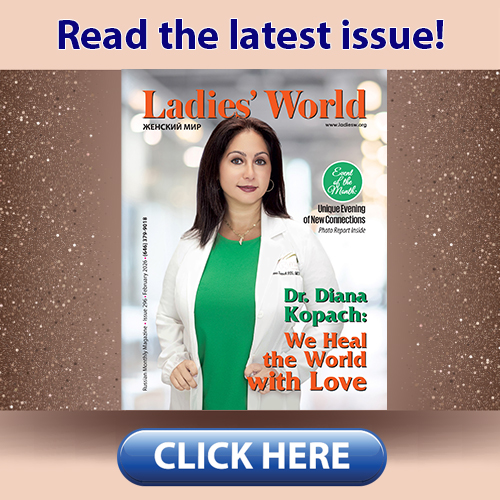Dear Rachel,
I have been single for years, waiting to get married and have children. I just read Vayetzei, this week’s Torah portion, and went on to read next week’s as well. I was moved to sadness when reading about the sisters, Rachel and Leah, who both marry their cousin, Jacob. Jacob worked for Lavan, the sisters’ father, for 7 years in exchange for getting to marry the woman he wanted — Rachel. But instead, after the 7 years of work were up, Lavan switched Rachel for Leah so that Jacob ended up marrying the wrong woman! I was sad for Rachel because though Jacob still ended up marrying her after he married Leah, Rachel now had to share her husband with her sister. What’s worse is Leah kept having babies from Jacob whereas it took so long for Rachel to conceive! She was so desperate to have children and after her second child she dies at childbirth and is buried on the side of the road all alone! How tragic!! I was sad for Leah too because she never got the love she longed for from Jacob, since Rachel was the one he deeply loved. Being single myself, I can relate to Rachel’s longing for children and Leah’s longing for love from her husband. The whole story seems like such a mess! I am having a hard time understanding the meaning we are supposed to gain from reading all this…can you help?
Sincerely, Lena
Dear Lena,
Your empathy, as well as your ability to relate the parsha (weekly Torah portion) to your own life is commendable, because it means you are ready to receive the wisdom that G-d has to offer you through the lens of the Torah.
In a way, reading the Torah can be compared to an onion. An onion has a dry outer shell that you have to peel to reveal the many layers underneath. If you tried only using the outer shell of the onion in your meal preparation you might be sorely disappointed, as it wasn’t what you were expecting. Similarly, when reading the parsha, it is important to understand that there are many deeper layers of meaning and understanding within the text that can only be discovered when you learn the parsha along with the commentary of our sages — like Rashi or Ramban — as well as the great contemporary Rabbis who offer brilliant insights into the texts. The reason for this is because each Hebrew letter and word holds nuanced meaning not apparent to an average person just reading the text. The added insights from the Torah commentators is what gives us a clearer understanding of the intended message; bringing out the divine wisdom in the text that we can then apply to our own lives.
I will share with you just a glimpse of the deeper meaning behind the story of Rachel, Leah and Jacob that has moved you so much. Keep in mind there are different commentators with varying insights.
The way you described the story of Rachel, Leah and Jacob is very much how most people perceive life around them. They judge the situation by what is apparent to them. But in doing so, they end up missing the bigger picture — the purpose behind the story and how it relates to the deeper dimension of not only our own lives, not only the lives of others, but the ultimate future outcome of the world at large. And when we miss the bigger picture, we miss seeing the light of truth — the wisdom we can gain.
In parsha Vayetzie, Jabob meets Rachel and knows instantly that this is the person he wants to marry, who will share in his life’s important mission to create the Jewish nation. He had no desire to marry any other woman but Rachel. His immediate passion for her was so great that he agreed to work for 7 years to marry her. Now let us meet Rachel. As a young shepherdess she cultivated the ability to protect, to nurture, and to guide. These skills later combined with her drive to reach her most cherished mission in life — to become the mother of the Jewish nation. Her desire was as strong as Jacob’s longing to have Rachel as his ultimate and only wife. But Rachel also had an older sister, Leah. And Leah’s greatest desire was to become the devoted wife of a righteous man. Her eyes became affected from the countless tears she cried, as she prayed that G-d should spare her from marrying a wicked man — specifically Eisav, Jacob’s twin brother.
So here we see G-d must consider 3 individuals, each sure of what they want out of life. However, it seems that G-d is not as concerned with our “wants” as much as He is concerned with what we essentially “need,” and how this translates to filling a greater purpose in the world. Jacob may have wanted to only marry Rachel, but his greater need was to build the Jewish nation through the woman he marries. Though he did get to marry Rachel, he still had to marry Leah because his wife had to have the attributes of a complete Jewish woman. Rachel had the attribute as the ultimate mother and Leah had the attribute as the ultimate wife. Their dedication to each role was equally strong. This doesn’t mean that Rachel wasn't an exceptional wife or that Leah wasn’t an exceptional mother — it just means that this is where their primary drive was being expressed the strongest. Perhaps, the ideal would have been one woman — a Rachel Leah, who would embody the complete role of the Jewish woman.
Ultimately, G-d did give Jacob, Rachel and Leah what they each wanted, though in a different way than each of them imagined so that their spiritual needs were met in the process. Leah’s constant prayers to marry a righteous husband (and then for her husband Jacob to love her fully) deepened her reliance on G-d, strengthening her relationship with Him. Similarly, Rachel was barren for many years and prayed intensely to become a mother, also strengthening her bond with G-d. In the process, both women cultivated their character, overcoming their hardships. It is by not getting what they wanted in the way that they imagined, that both Leah and Rachel developed their optimal spiritual self, infusing their children and the future of our generations with the spiritual strength that would be essential for our Jewish survival in history.
For Leah's dedication to her role as a wife, G-d rewarded her not only with more children from her union with Jacob than any of his other wives, but she also had the merit of being the wife that was buried next to him. But why did Rachel have to watch her sister Leah marrying the man she was destined to be with? Couldn’t she have spoken up to prevent this from happening? Yet, it is precisely in this scenario that G-d gave Rachel the opportunity of a lifetime — to achieve her greatest desire as the ultimate Jewish mother. Rachel had to be given a test from G-d to prove she is capable and worthy of the privilege to become not just a matriarch, but THE matriarch that would exist for the Jewish people for all of time, even after her physical departure from life. This test had to be difficult — it needed to involve the attribute of complete self sacrifice in order to reveal her nature as the ultimate mother. When Rachel saw her father take Leah to marry Jacob instead of her, Rachel was faced with a choice. The question for her was not about who gets to marry Jacob. For her, the question was — how would my sister feel if I made it known to everyone that she was switched for me? Rachel viewed this scenario as a chance to save Leah from devastation and humiliation. Rachel’s life mission held no value to her if it meant her sister’s future would be severely compromised. And it is Rachel’s self sacrifice of expressing her altruistic love for her sister in that one moment, that became her greatest strength. As Jewish women, we get to learn what selfless love looks like from Rachel. And for this, G-d blessed her. After years of being childless, Rachel not only birthed 2 righteous sons (one of whom later--in a very maternal sense--fed the entire world during famine saving all of humanity) but she also merited to become known as the beloved Rachel Immenu, the mother of all time to the children of Israel. G‑d instructed Jacob to bury her on the road to Bethlehem so that, in the future, her soul could advocate for her descendants on their way into exile when they would cry and pray at her burial site. The self sacrifice Rachel showed towards her sister mirrors the sacrifice of her roadside burial, and she continues to serve all of the Jewish people to this day who pray at her burial site. G‑d needed her to be buried on the road because the redemption of the Jewish people would only be guaranteed through her merit.
We don't realize how much our actions; our dedication and self sacrifice in life, brings reward not only to us--but to the entire world around us in ways beyond what we will ever know. G-d gave us a gift. Through this powerful story of Jacob, Rachel and Leah we are forever reminded that beyond our personal desires and wants exists something much deeper — a mission unique to each individual that this world, and the world to come, needs us to fulfill...that nobody else can. B'Hatzlacha!
All the best, Rachel Trilokekar
Thank you to those who have e-mailed me with their questions. If you would like your question to be featured in the next issue of Ladies’ World, please e-mail: RachelTrilokekar@gmail.com









